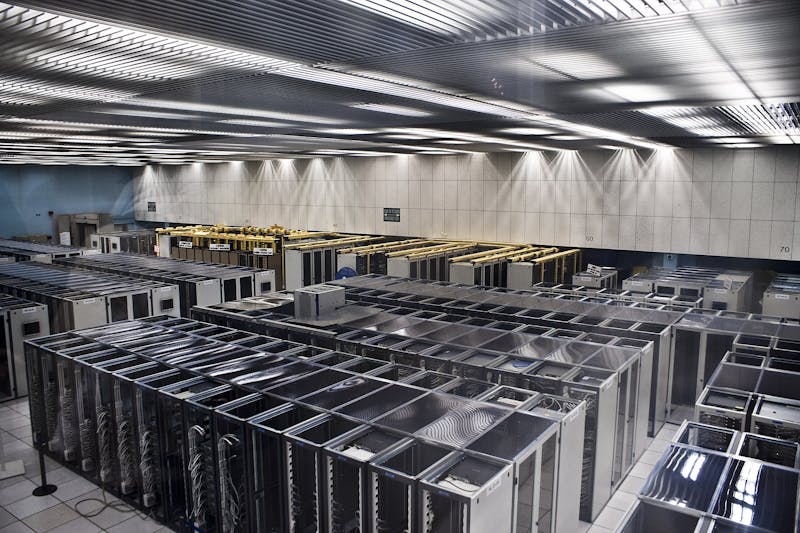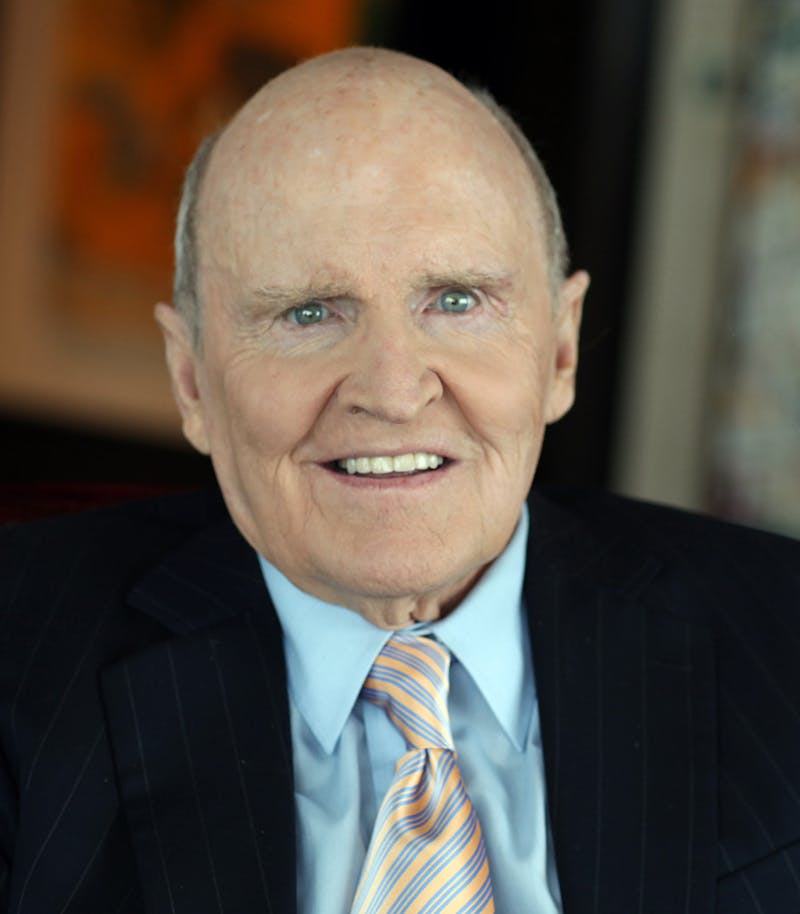“The earth is burning.” “It’s the end of the world.” “We’re destroying the planet.” “What’s the point? There won’t be an earth left for our kids anyway.”
You’ve likely heard these statements, the laments of an out-of-control climate crisis. Human inventions and limited monitoring have led to an era of dangerous global warming. The process of the earth heating up and then cooling off over decades is not the issue itself, it is the unprecedented rate at which the earth is currently heating up.
Despite thousands of efforts, projects, initiatives and plans to help heal the Earth’s environment and atmosphere, people, specifically young people, remain dejected about the possibility of reversing climate change damage.
Humans continue to dedicate their lifelong work to solving this issue. Oddly, but not unsurprisingly, those who have the funds to bankroll climate saving work seem to have only recently understood that climate change will affect them.
It took Jeff Bezos founder and CEO of Amazon, until July 20, 2021, to realize that the Earth is in dire straits.
“Looking back at Earth from up there the atmosphere seems so thin, the world so finite and fragile,” Bezos said in a Forbes article, an observation that some of the first humans in space have been telling the world for years.
Although disappointing, Bezos’ late revelation did lead him to give a $2 billion pledge toward healing the Earth. The pledge comes on top of the $10 billion initiative called the Bezos Earth Fund started in February 2020.
All work to combat climate change should be commended. However, it is important that we do not gloss over the irony of situations like Bezos’ in space.
When those who wield the most financial, social and/or political power do the bare minimum, it can be easy to put them on a pedestal for it, because it is unusual for them to be public servants.
Unfortunately, those with power often try to turn the blame away from them and onto the common person. Yes, transportation accounted for the most greenhouse gas emission at 29%, according to a 2019 study by the U.S. Environmental Protection Agency. However, transportation in this study accounted for not just cars, but planes, ships and trains. The third greatest contributor to greenhouse gas emissions was industry, accounting for 23%.
Reversing the negative effects of climate change is not hopeless, but it will be extremely hard. When we lose hope that we can reverse or improve even a portion of the negative climate change effects, we lose the fight entirely. Arm yourself with the facts and information about climate change to know what and who the biggest causes of the climate crisis are.
Do your part to combat the climate crisis but don’t forget to hold the other groups and individuals, who are just as much the cause, responsible as well.
Everyone, rich or poor, has a stake in the outcome of this battle. Afterall, we all share the same planet.




The Slate welcomes thoughtful discussion on all of our stories, but please keep comments civil and on-topic. Read our full guidelines here.